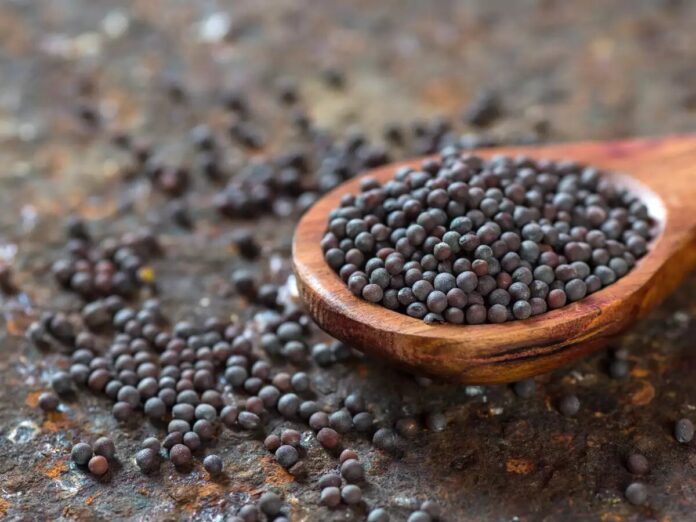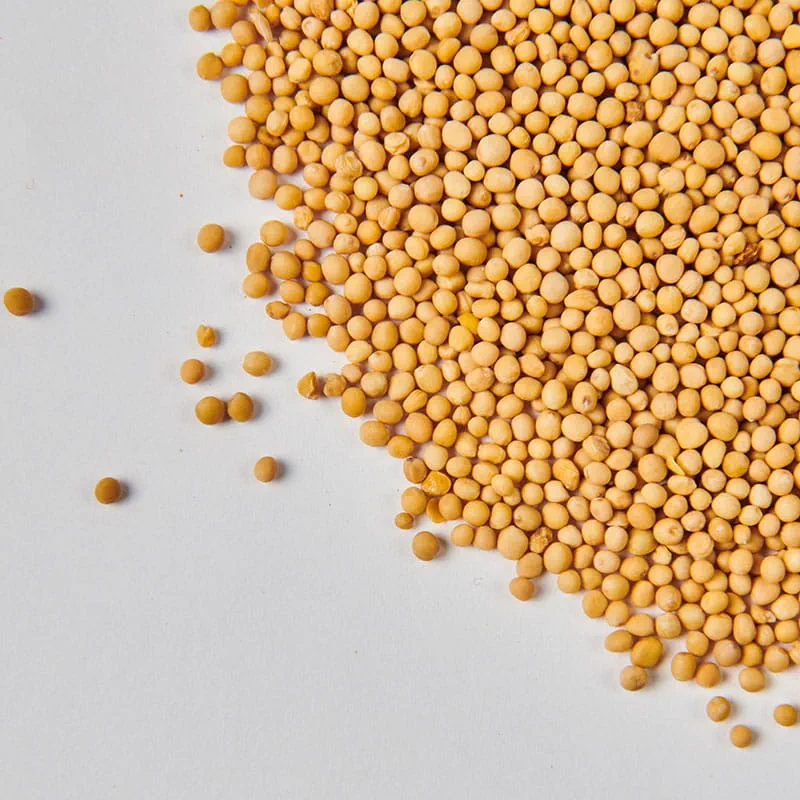
What is Mustard?
Mustard is a plant known for its seeds, which are used to make mustard sauce and powder. There are different types, like black, brown, and yellow mustard, each with a unique taste. The seeds are used in cooking, while the leaves, called mustard greens, can be eaten in salads or cooked. Mustard is also good for health, as it contains antioxidants and may help reduce inflammation.
Types
There are three main types of mustard:
- Yellow Mustard (Sinapi’s alba):
Also known as white mustard, it has a mild flavor and is commonly used in yellow mustard sauces.
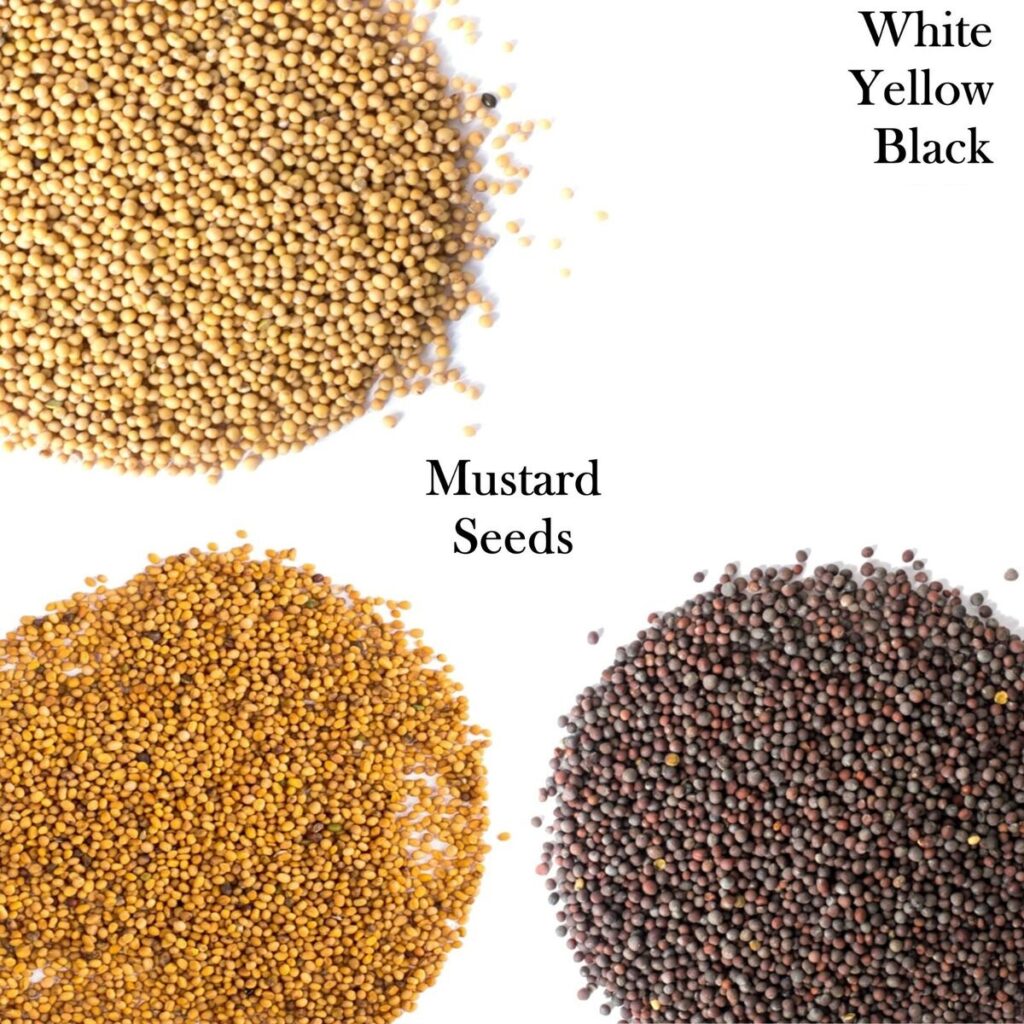
- Brown Mustard (Brassica juncea):
Spicier than yellow mustard, brown mustard is used in Dijon mustard and many Indian dishes.
- Black Mustard (Brassica nigra):
The strongest and spiciest of the three, black mustard seeds are often used in traditional Indian and Middle Eastern cooking.
What are Black Mustard Seeds?
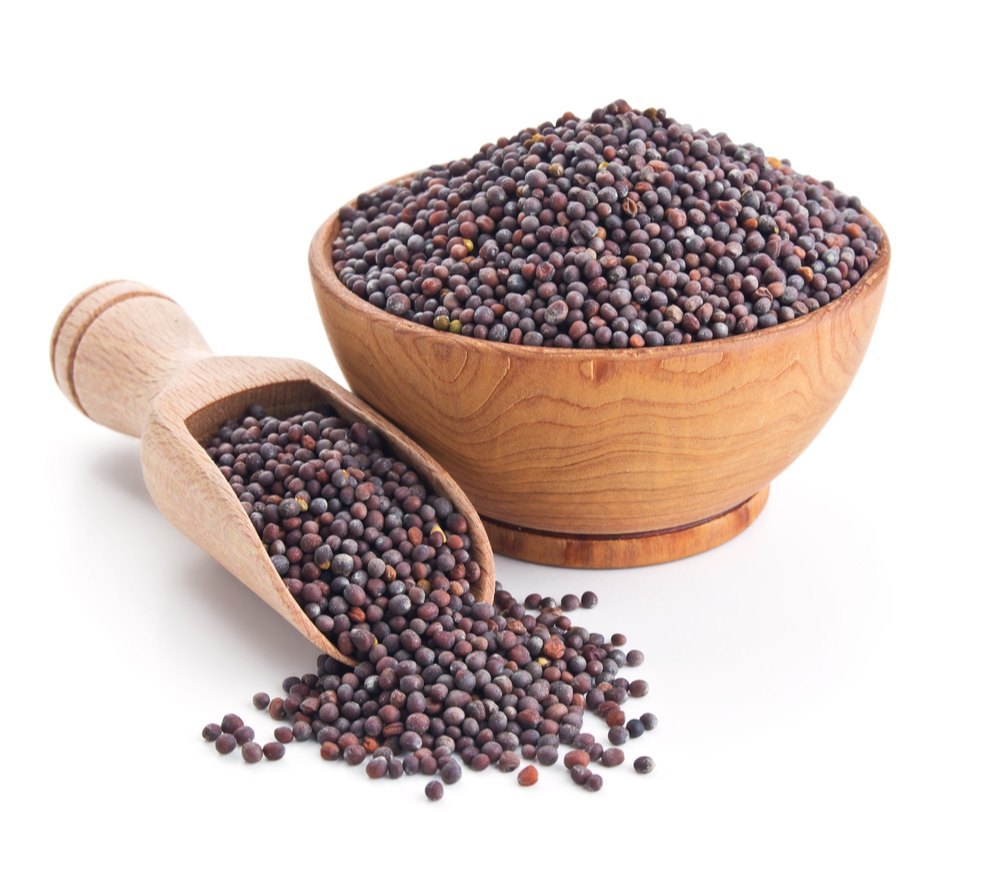
Black mustard (Brassica nigra) is a plant with small, dark seeds that have a strong, spicy taste. These seeds are often used in cooking, especially in Indian and Middle Eastern dishes. They are commonly fried or toasted to bring out their flavor. Black mustard is also good for health, as it contains antioxidants and may help with digestion and reducing inflammation.
Forms
Black mustard comes in several forms:
- Whole Seeds:
Used in cooking, especially for frying or toasting in dishes like curries and pickles.
- Ground Powder:
The seeds are ground into powder to make mustard paste or spice blends.
- Mustard Oil:
Extracted from black mustard seeds, this oil is used for cooking and massages, especially in South Asian countries.
- Mustard Paste:
A mixture of ground seeds, vinegar, and spices, used as a condiment.
Health Benefits
Black mustard offers several health benefits:
Prevent Cancer
Mustard seeds are packed with compounds like glucosinolates and tyrosinase, which prevent the growth of cancer-causing cells in the body. As per a study published in the Journal Human & Experimental Toxicology, the tiny seeds may have chemo preventive potential and may protect against the effect of carcinogens.
Provide Relief from Headache
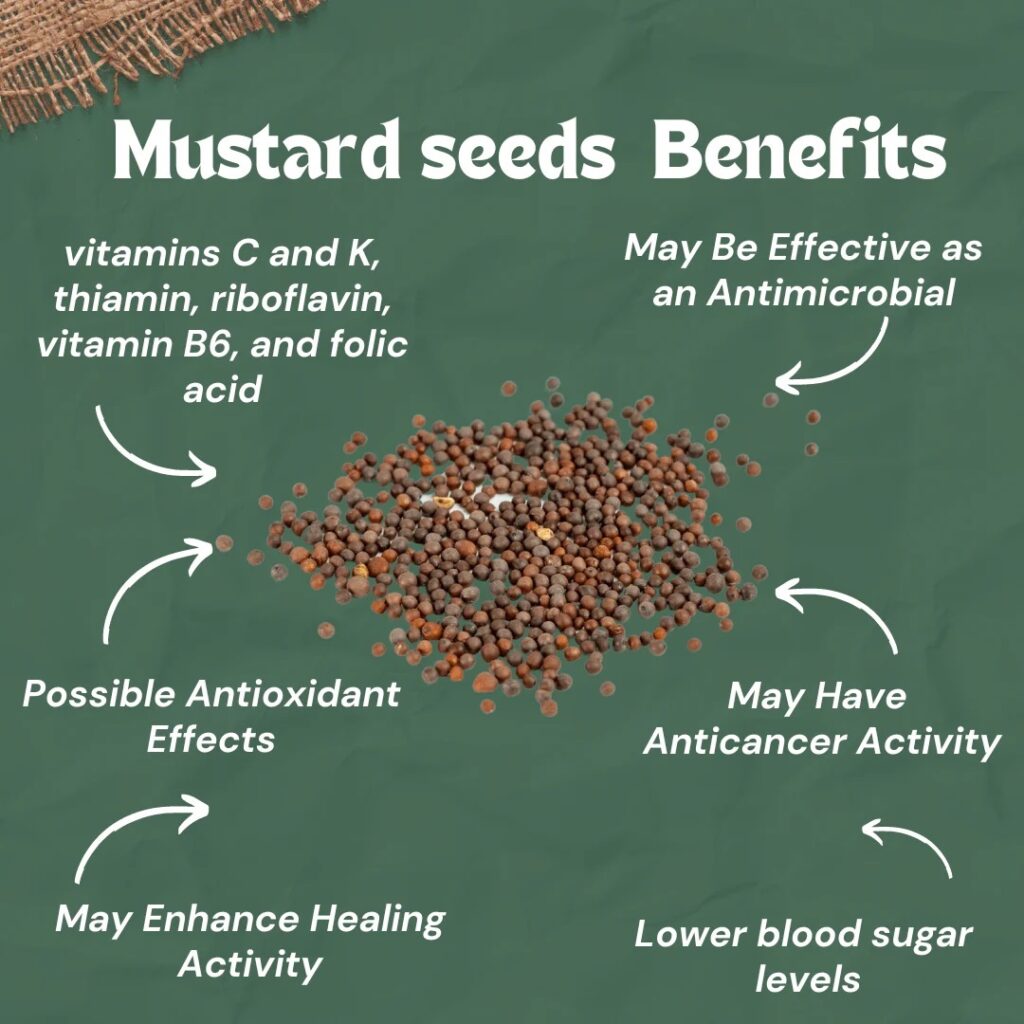
Mustard seeds are also effective when you are suffering from headaches and migraines. The seeds are packed with magnesium that soothes our nerve system and relieves the pain and strain in any different parts of our body.
Good for Digestive Health
Mustard seeds are also excellent for your digestive system. If you are suffering from the problem of indigestion then mustard seeds can help to get rid of it. The seeds are packed with fiber, which helps in easy bowel movement and enhances the digestive power of the body.
Strengthen Bones, Teeth, and Gums
Mustard seeds are also good for your bones as they are packed with a mineral called selenium, which makes your bones stronger. They also help to strengthen your nails, hair, and teeth. Mustard seeds contain antioxidant and anti-inflammatory properties that help in relieving pain in the gum, bones, and teeth.
Promotes Healthy Skin
In addition to internal benefits, topical use of mustard seed oil hydrates and nourishes the skin. The oils moisturize dryness while clearing dirt and bacteria from pores. Mustard seeds have compounds that reduce acne redness and irritation. With consistent use, mustard seed oil leaves the skin looking revitalized, even-toned, and vibrant.
Makes You Look Younger
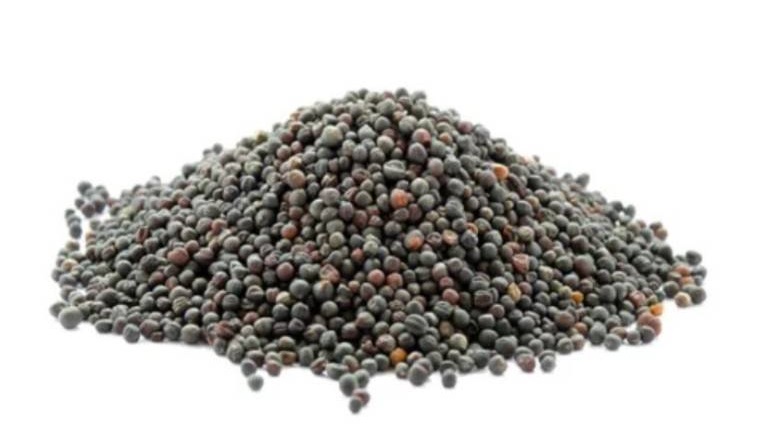
Mustard seeds provide anti-ageing effects through vitamins A, C, and K. These antioxidant vitamins counteract wrinkle-causing free radicals. Vitamin C boosts collagen production for firmer skin, and vitamin A repairs sun damage. The antioxidant activity helps slow visible ageing for a more youthful appearance.
Enhance Hair Health
Mustard oil, derived from pressed mustard seeds, contains beneficial nutrients that can strengthen and improve hair health. The fatty acids, antioxidants, and proteins in mustard oil nourish hair follicles, promoting shine, growth, and strength. Gently massaging mustard oil into your scalp may help prevent premature greying and hair loss.
Side Effects
Black mustard may have some side effects, especially if consumed in large amounts or used improperly:
- Skin Irritation
- Gastrointestinal Issues
- Allergic Reactions
- Thyroid Issues
- Mucous Membrane Irritation



